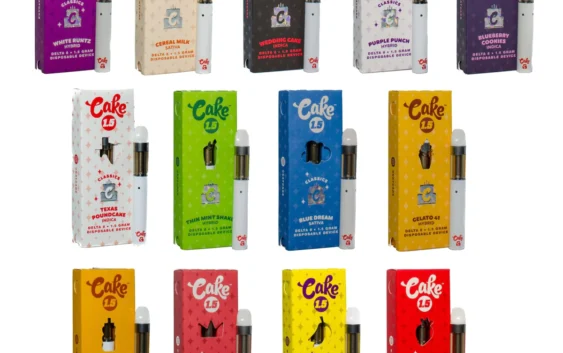- Slot Machines: Spinning Luck into Excitement
- The Fascinating World of Slot Games: History, Evolution, and Modern Trends
- Slot Games: From Mechanical Reels to Digital Entertainment Powerhouses
- Slot Games: History, Evolution, and the Thrill of Chance
- The Fascinating World of Slot Games: History, Evolution, and Modern Appeal
Vaping: A Comprehensive Guide to Understanding the Trend

Introduction: In recent years, the popularity of vaping has skyrocketed, gaining traction among both tobacco smokers and those looking for a novel recreational experience. Cake Disposables Vaps, often seen as a less harmful alternative to traditional smoking, has stirred up conversations about its potential benefits and drawbacks. This article aims to provide an in-depth exploration of vaping, shedding light on its components, effects, controversies, and regulatory landscape.
Understanding Vaping
Vaping involves the inhalation of vapor created by heating a liquid solution known as e-liquid or vape juice. This solution typically consists of propylene glycol, vegetable glycerin, flavorings, and nicotine, though nicotine-free options also exist. The e-liquid is vaporized by a battery-powered device, usually referred to as an e-cigarette, vape pen, or mod. The vapor produced is then inhaled by the user.
The Appeal of Vaping
One of the primary reasons for the appeal of vaping is the perception that it is a safer alternative to traditional smoking. Traditional cigarettes contain thousands of harmful chemicals, many of which are carcinogenic. Vaping eliminates the combustion process, which is responsible for producing harmful toxins and tar. While vaping is not completely risk-free, it is generally believed to be less harmful than smoking.
Potential Benefits
- Harm Reduction: Vaping can be a harm reduction tool for individuals looking to quit smoking. By gradually reducing nicotine levels, smokers can manage withdrawal symptoms more effectively.
- Flavor Variety: Vape juices come in a wide array of flavors, offering users a diverse and enjoyable experience.
- Odor and Residue: Vaping produces a less potent odor and leaves behind minimal residue compared to traditional smoking.
Controversies and Concerns
Despite its benefits, vaping is not without controversies:
- Youth Appeal: The enticing flavors and clever marketing of vaping products have raised concerns about their appeal to underage users, leading to potential nicotine addiction.
- Health Risks: While vaping is consider less harmful than smoking, the long-term health effects of inhaling vaporize chemicals are not yet fully understand.
- Popcorn Lung: A condition know as “popcorn lung” (bronchiolitis obliterans) has been associate with a flavoring compound, diacetyl, used in some e-liquids. However, diacetyl is now band in e-cigarettes sell in the European Union.
Regulatory Landscape
The regulation of vaping products varies globally. Some countries have embraced vaping as a harm reduction tool and regulate it similarly to tobacco products. Others have adopted a cautious approach, implementing restrictions on advertising, flavors, and sales to minors. The evolving nature of vaping has prompted governments to continuously adapt their regulations to address emerging concerns.
Conclusion
Vaping has transformed the landscape of nicotine consumption, offering an alternative to traditional smoking with the potential for harm reduction. While it has garnered support from those seeking to quit smoking and enjoy diverse flavors, concerns about its appeal to youth and potential health risks persist. As research continues to unfold, finding a balance between embracing the benefits of Cake Disposables Vaps and safeguarding public health remains a challenge that regulators, health professionals, and users must collectively address.
